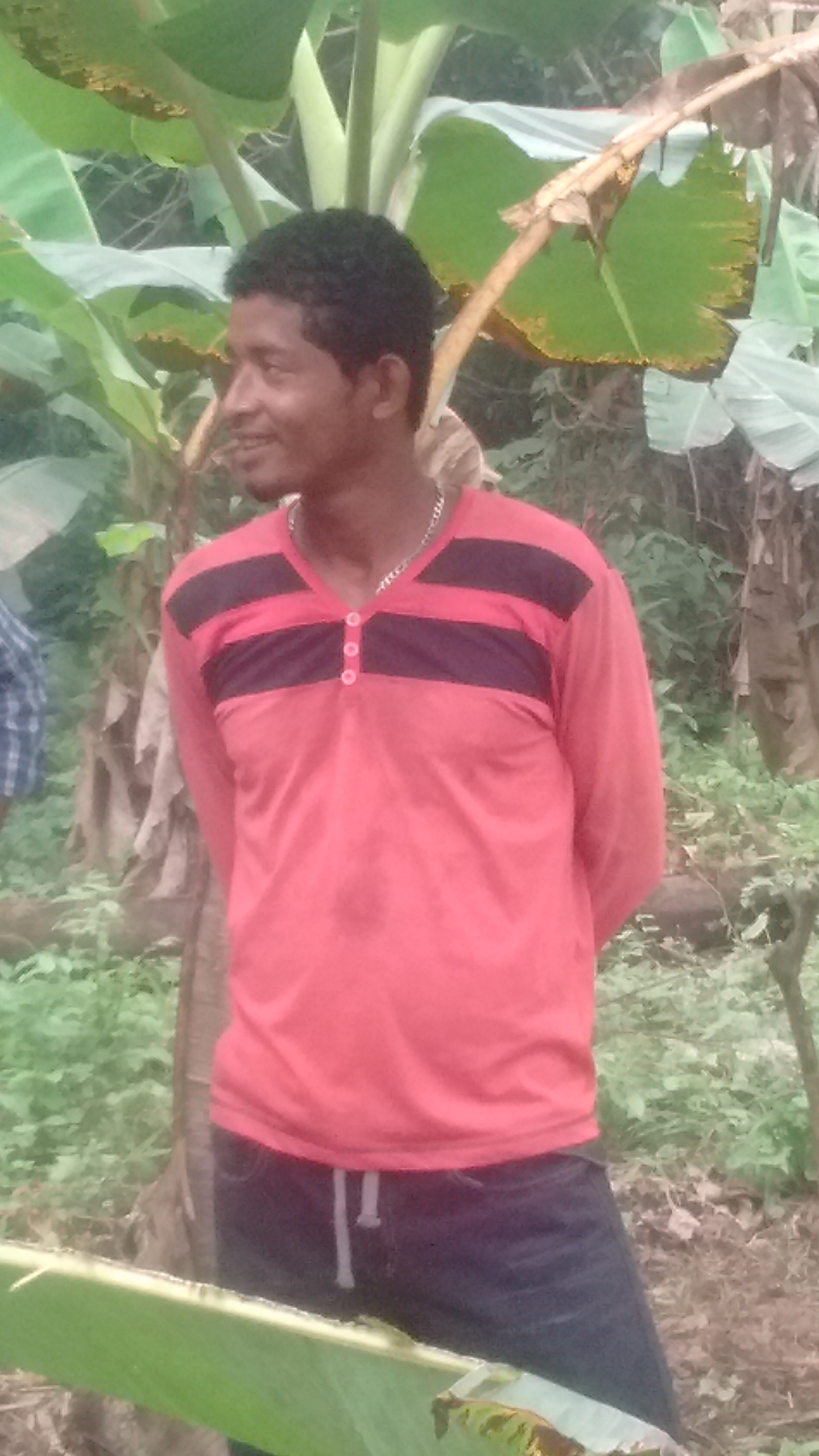Stories of Change

At only 22, Flores is the fourth from his community to graduate from the CWS-supported Community Agriculture Promoter course, an intensive 8-month program covering agriculture and business development. Photo: Martin Coria / CWS
CWS supports 38 communities in the Rio Coco region of Nicaragua through six training centers.
In remote regions of Nicaragua, growing bright futures
The Rio Coco runs west to east and divides Honduras and Nicaragua. The longest river in Central America, it runs through a beautiful, vast, hard to reach and scarcely populated area. Poverty is deep in this area, which is made up of 70% indigenous peoples and has only a minimal presence of government services.
The Rio Coco region of Nicaragua is also home to CWS’s largest food security program in Central America, which is implemented by Nicaraguan partner Accion Medica Cristiana with support from CROP Hunger Walks and Foods Resource Bank. CWS supports 38 communities through a “farmer to farmer” model. Six CWS-supported training centers are strategically placed throughout the region, and agricultural promoters and youth from nearby communities train at the centers and take what they learn back to their neighbors.
One of these youth is Flores, who is an inspiring example of youth entrepreneurship. At only 22, Flores is the fourth from his community to graduate from the CWS-supported Community Agriculture Promoter course, an intensive 8-month program covering agriculture and business development. In four years, 157 young adults including Flores have graduated from the course. Each workshop for promoters like Flores costs $350 to run.
During the course, Flores used his uncle’s plot to experiment. After graduation, he got his own piece of land to farm and worked as a day laborer to save up enough money for his first 40 plantain trees. Today, Flores has 369 plantain trees and sells his produce to a buyer across the river in Honduras. He plans to start a pig raising project next. Flores keeps in touch with the three other program graduates from his community to share ideas and to learn from one other.
In the nearby community of San Esquipulas, Mariana is a powerful and determined Miskito woman and is a role model for her neighbors. She is not one of the three agricultural promoters who studied at the training center, but rather she is one of 12 farmers who received intensive technical assistance from the promoters for a year. She has changed the way she farms as a result, particularly through crop diversification and post-harvest management. Mariana has been so successful that her neighbors now replicate the techniques that they see working on her land. She now also makes enough money that she can hire a neighbor to help her if needed.
Finally, there’s Olga. In the remote community of San Carlos, which is five hours by boat from a larger town, Olga is a teacher and farmer who has six children and 37 students. She says that she is responsible for 43 people. When CWS staff visited her in January, she was working on establishing a vegetable garden next to her home. From January through May she will grow pipian, tomato and cucumber, and the rest of the year she will grow plantains. She plans to bring her students to the garden to inspire them to start their own gardens at home.
Olga is one of 50 teachers in the region who received CWS-supported training to set up school vegetable gardens for their students. The seeds for one of these school gardens cost about $18. The gardens enable students to have healthy meals at school and to learn techniques that they can take home to their parents. In addition to the gardens at her home and school, Olga and her children also take care of a plot of land about an hour from the community. CWS-supported agronomists visit this land periodically to assist her with technical advice. Olga’s son told us that he dreams of starting to work on his own piece of land soon.
Across these isolated communities, the CWS food security program is having a real and significant impact. The program’s components work together and all contribute to community transformation. Training on better farming techniques and post-harvest storage, promotion of vegetable gardens, nutritional education for teachers, agricultural education for youth, water and sanitation improvements and coordination with the ministry of health to bring medical brigades into these remote communities are all part of building brighter futures in Nicaragua.
The Rio Coco program will continue through 2020. Your support of CWS, CROP Hunger Walks and Foods Resource Bank will enable the strong partnership between families, farmers, Accion Medica Cristiana, municipal authorities and the Ministry of Health to continue. This will mean that more families will have enough food year round, more kitchen and school gardens like Olga’s, more families with improved access to safe water, more entrepreneurs like Flores having the support they need to develop their businesses and more community leaders promoting a culture of peace.
Thank you for making this work possible.
